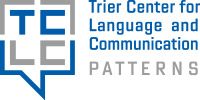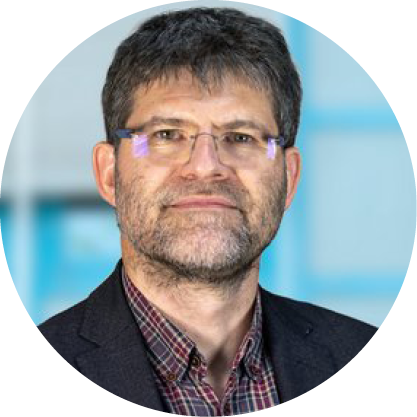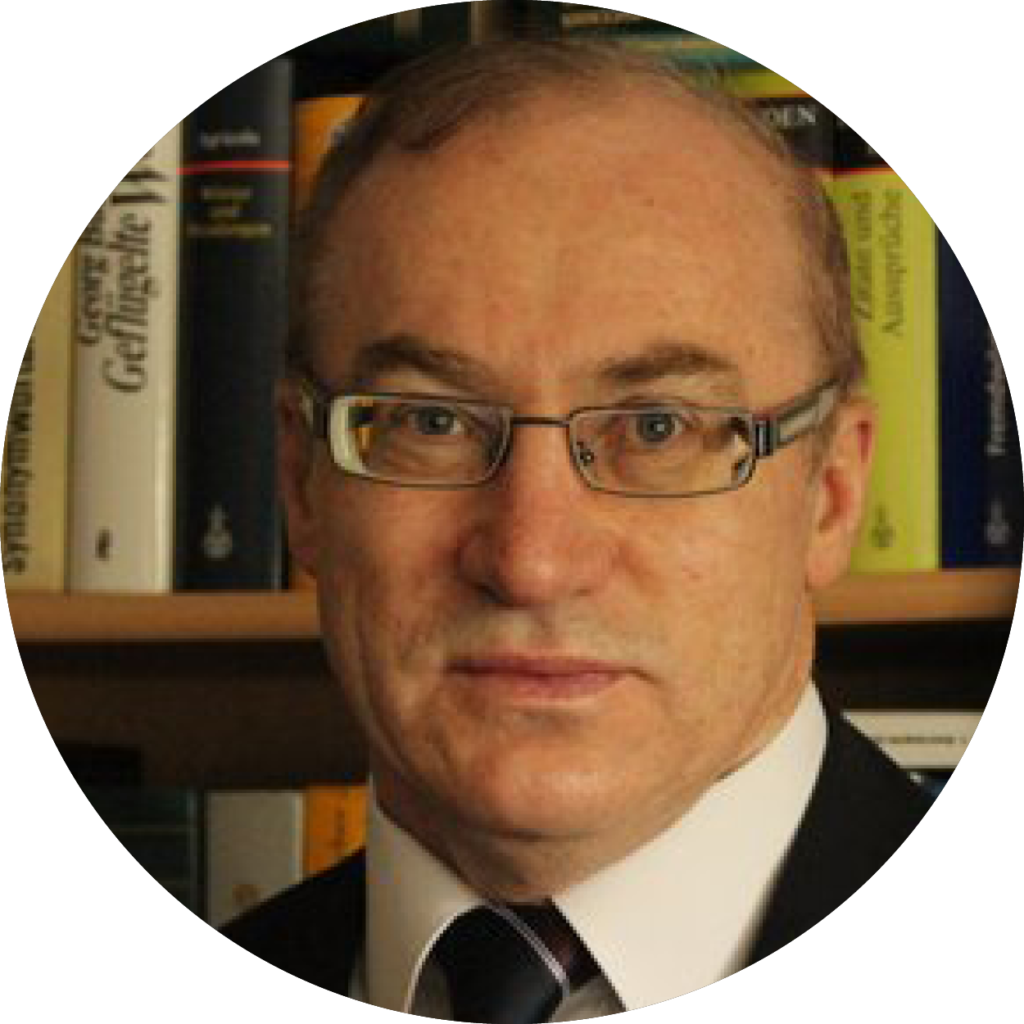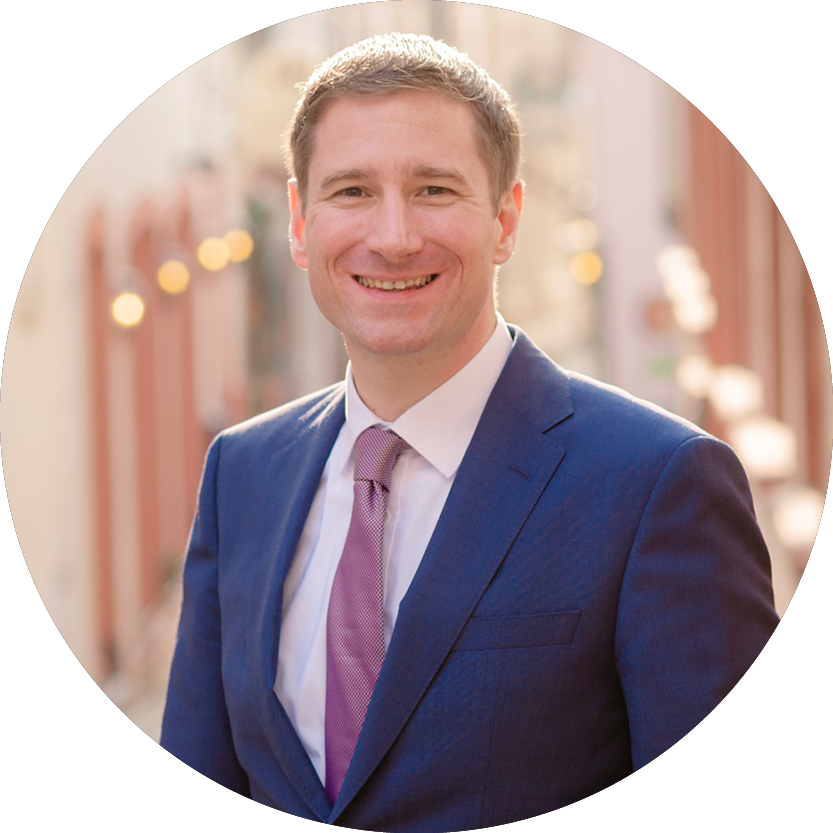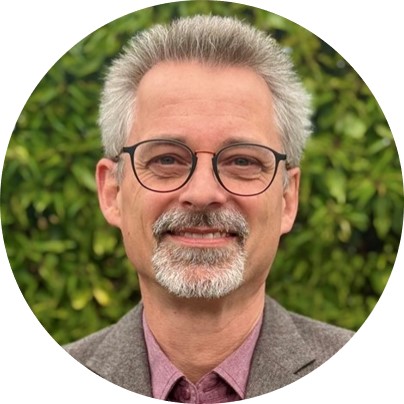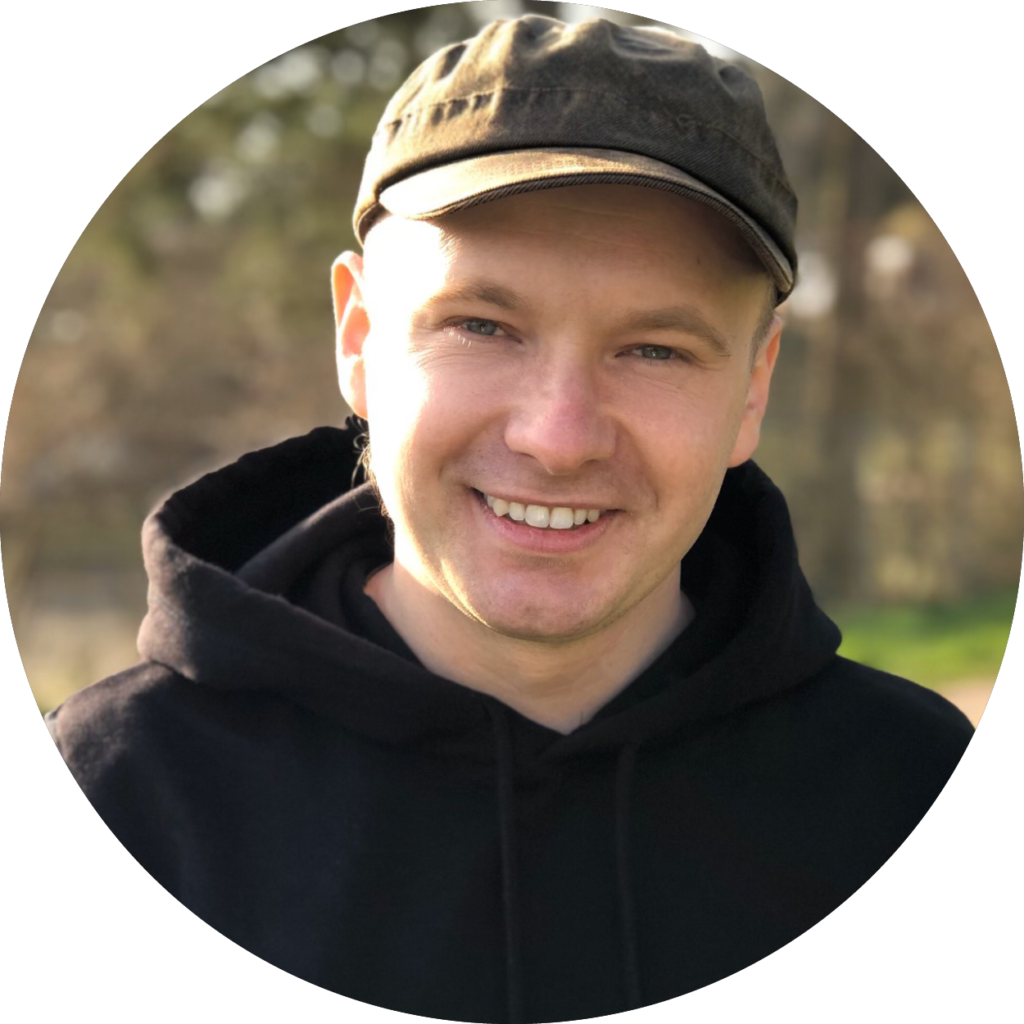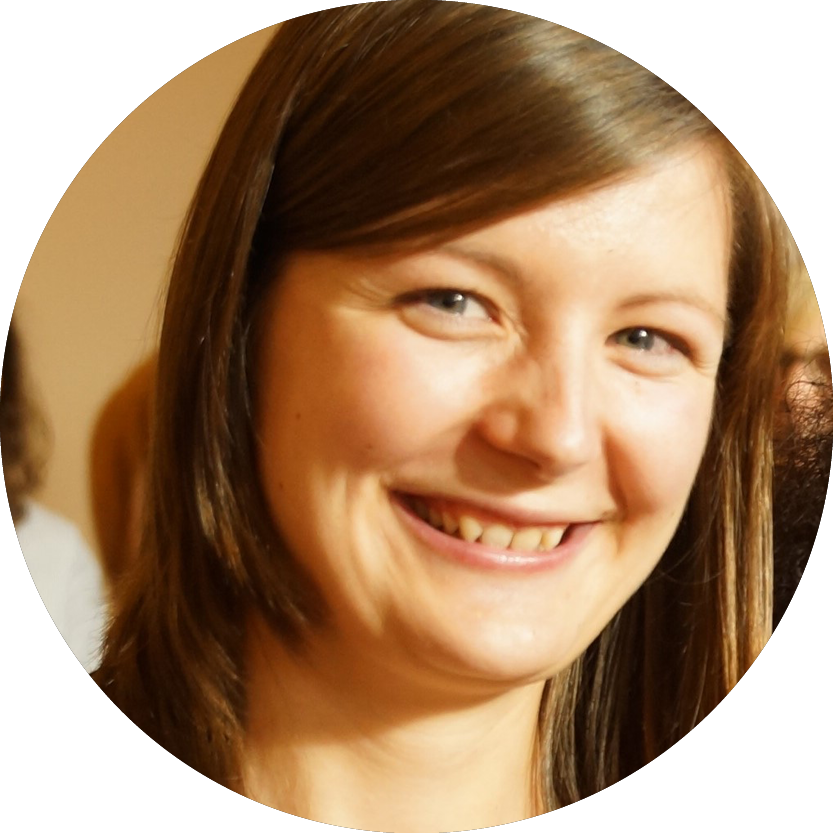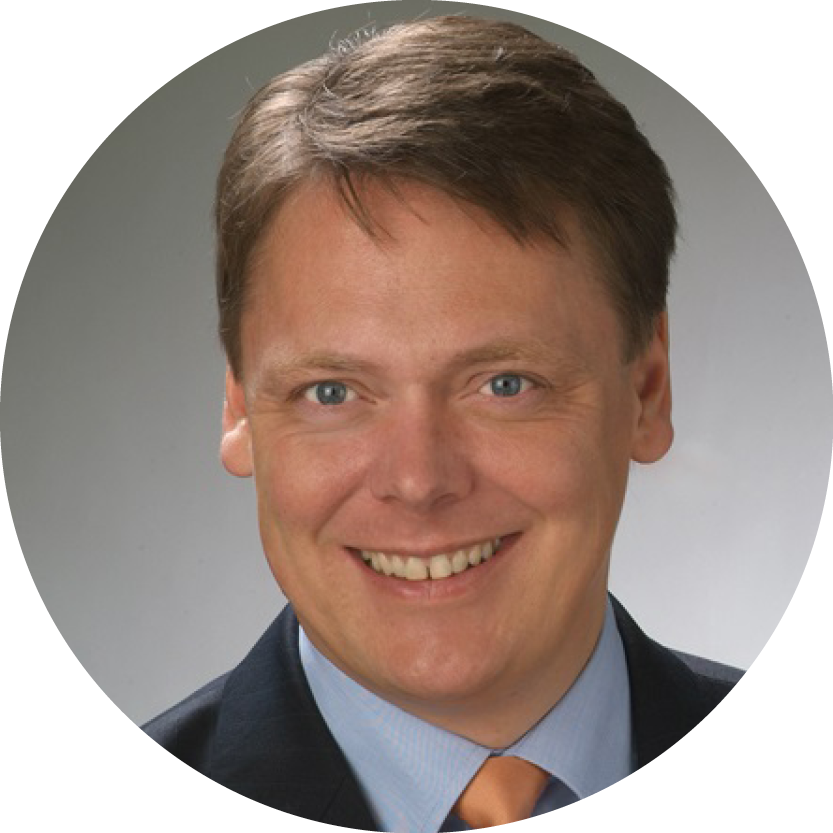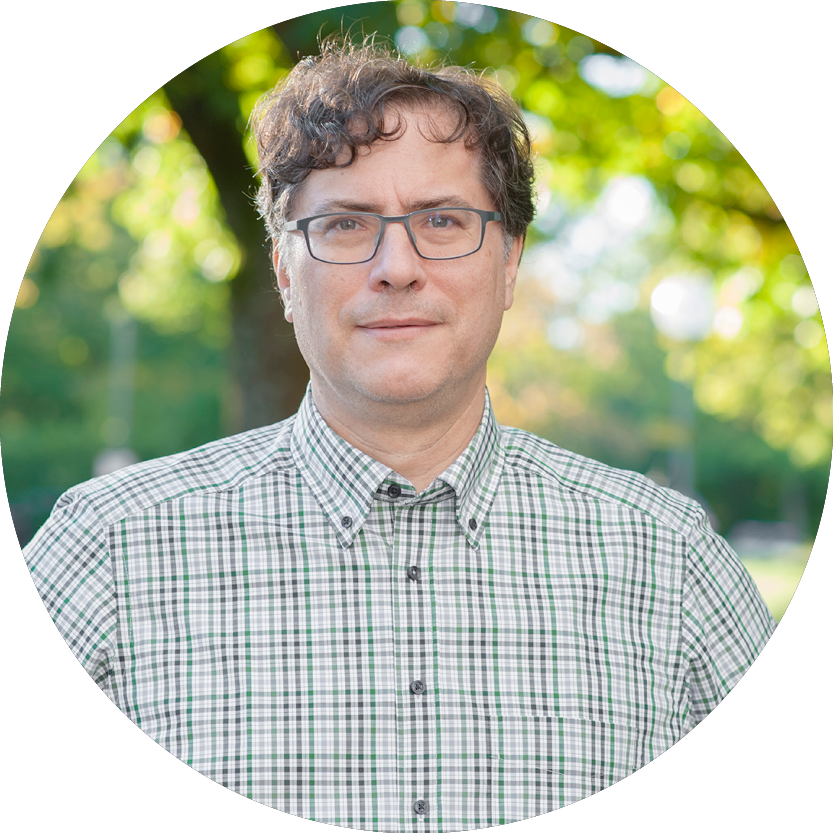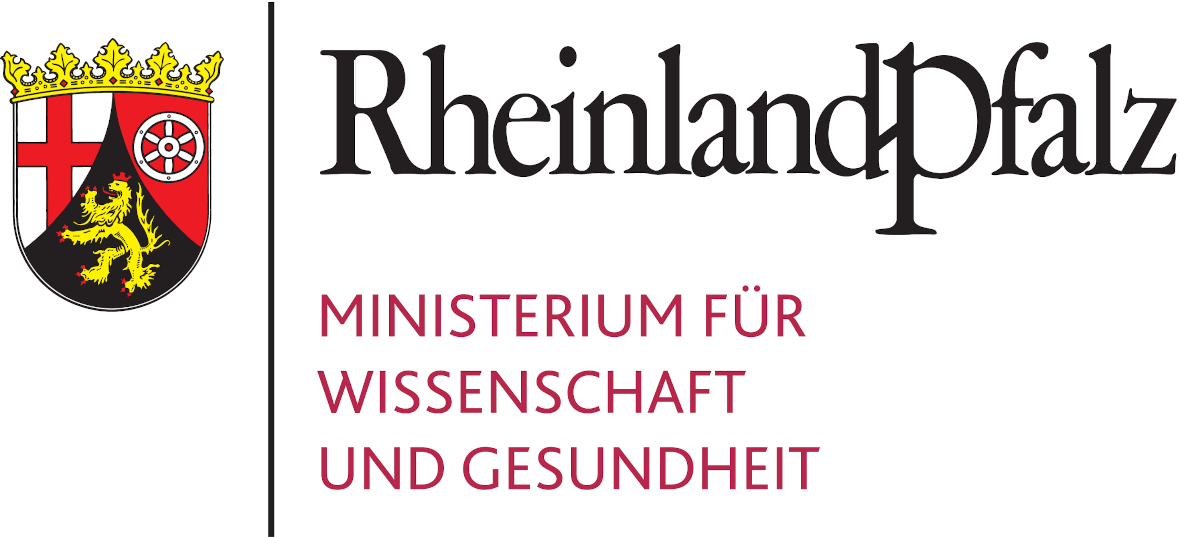The Trier Center for Language and Communication (TCLC) brings together a broad range of high-profile, interdisciplinary research in linguistics and in related disciplines at our university. We are dedicated to supporting networking and fostering synergies between research projects at Trier University for both established and early-career researchers. Our collaborative project Patterns. Linguistic Creativity and Variation in Synchrony and Diachrony was awarded the status of a High-Potential Research Area by the Research Initiative Rhineland-Palatinate 2019–2023.
The aim is, on the basis of a quite deliberately broad-based pattern concept and in interdisciplinary co-operation, to conduct extensive empirical research beyond established disciplinary boundaries into linguistic patterns and at the same time to develop an applicable theory of linguistic patterning. Members of the TCLC work in the following disciplines:
Linguistics
• English Studies, German Studies, Yiddish Studies, Romance Studies, Slavic Studies
• Computational Linguistics and Digital Humanities
• Phonetics
Media Studies
• Digital and Audio-Visual Media
• Media, Communication and PR
Related disciplines
• Cognitive Psychology
• Survey Statistics
Central to the project are:
- Investigation and comparison of linguistic patterns at different structural levels (words – texts – discourses) and in different languages.
- Making new data accessible for linguistic pattern research which are not contained in traditional text corpora but which play an important role for speakers, (e.g. informal conversations, non-standard languages and language forms).
- Investigation of the natural conditions for the use and emergence of patterns, which we consider to be a significant component of an applicable empirical description and theoretical modelling of patterning. Such contexts are as a rule multimodal.
- The employment of a variety of different methods and approaches adapted to the data under investigation.
Board and Coordination
Senior Members
Prof. Dr. Sebastian Hoffmann
English Linguistics
hoffmann@uni-trier.de
Focus of research:
Corpus linguistics,
Syntactic change,
The development of World Englishes,
The historical development and present-day use of tag questions,
Verb complementation,
Corpus linguistic methodology, in particular the methodological and practical issues involved in using internet-derived data for corpus linguistic analyses,
Aspects of fixedness
Prof. Dr. Andre Klump
Romance Linguistics
klump@uni-trier.de
Focus of research:
Varieties in Hispanic America,
Grammaticalisation in French,
The bilingual Grammaire Espagnolle by César Oudin,
Language and politics in the Romance-speaking world,
Spanish in Equatorial Guinea,
Status and usage of the Ladin language,
Plurilingualism in the Franco- and Hispanophony,
Foreign language didactics at school and university
Prof. Dr. Ralf Münnich
Social Accounting
muennich@uni-trier.de
Forschungsschwerpunkte:
Survey statistics. sample designs, variance estimation and data quality in complex surveys,
Computer-intensive stastistics and Monte-Carlo-methods,
Small area estimation,
Methods for statistic indicators,
Microsimulation methods and applications,
Numeric algorithms in survey statistics
Doctoral Students
- Sonja Böker
- Valentin Diekmannshenke
- Valentina Fabris
- Sophia Fünfgeld
- Zarah Kampschulte
- Kai Kugler
- Lea Muller
- Sebastian Müller
- Simon Münker
- Marie Rostoucher
- Aaron Seiler
- Katharina Schuch
- Erik Schröder
- Nina Fabiola Schumacher
- Giuliana Thomanek
- Ekaterina Tsvetkova
- Xander Van Tilburg
- Laura Witz
Post-Doctoral Researchers
Early Career Researchers
The aim of the Early Career Network is to support scientific exchange and training. We organize regular workshops and colloquia, and meet for social events. Everyone is welcome to join. Please contact us: patternscor@uni-trier.de
Associated Members
- Lina Azazil (currently at Swans Initiative)
- Katharina Christ (currently at Innsbruck University)
- Milena Belošević (currently at Bielefeld University)
- Natalia Filatkina (currently at Hamburg University)
- Tammy Ganster
- Daniela Kolbe-Hanna (currently at Trier University)
- Peter Maurer (currently at Karlstad University)
- Sören Stumpf (currently at LMU Munich)
